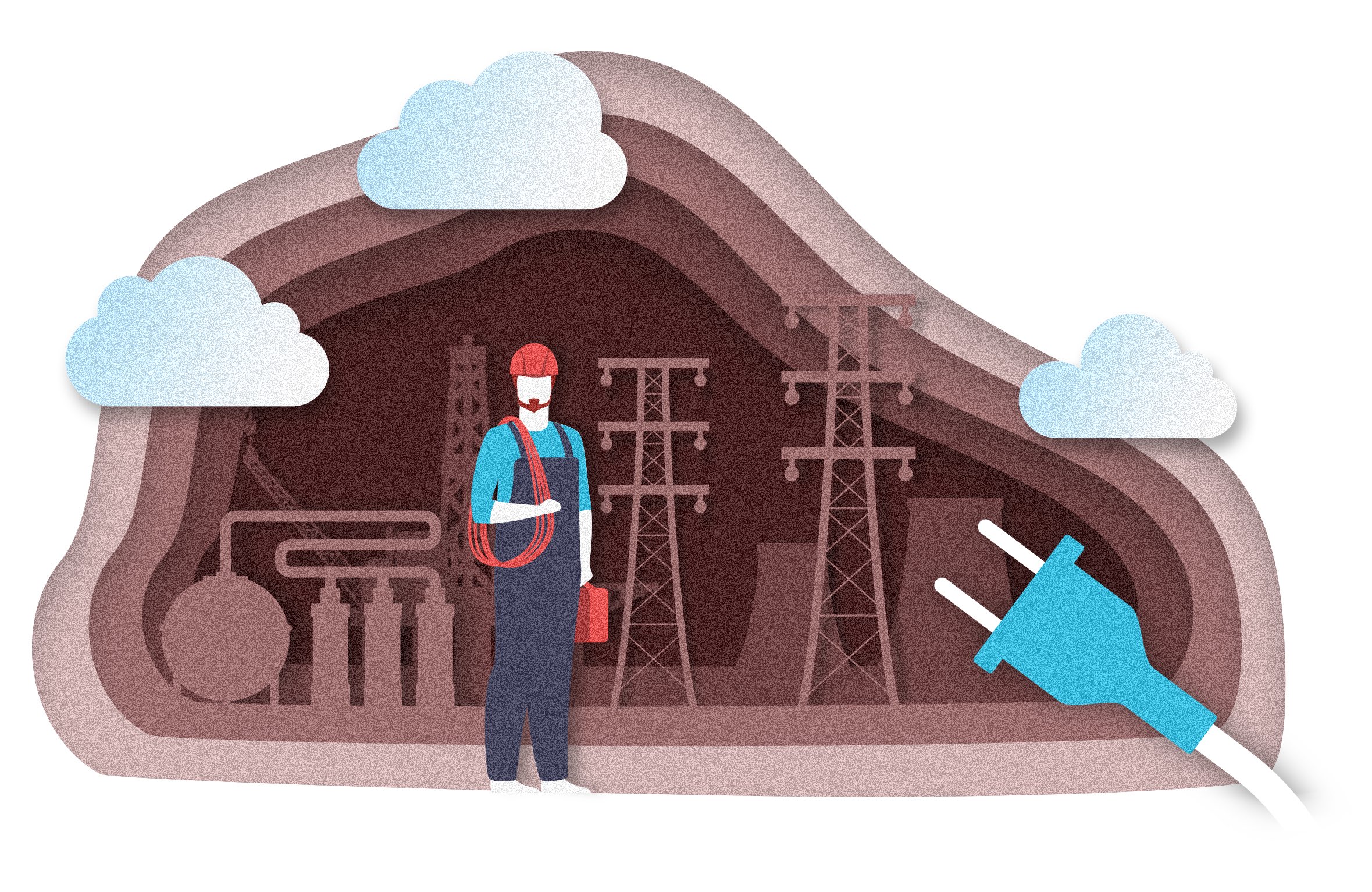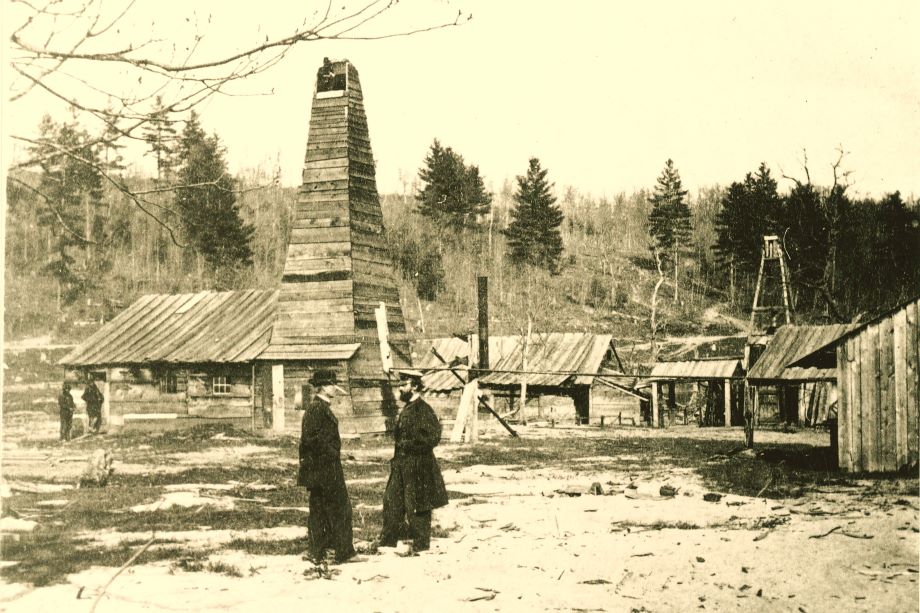Congress Holds Series of Climate Change Hearings
Congress Holds Series of Climate Change Hearings
On Thursday, Congress held a series of hearings on climate change and heard expert testimony on what can and should be done by Congress to mitigate negative consequences of greenhouse gas emissions. Two hearings were held simultaneously, one in the Senate and one in the House. The Senate Committee on Environment and Public Works Subcommittee on Clean Air and Nuclear Safety held a hearing on “Reducing Emissions While Driving Economic Growth: Industry-led Initiatives,” while the House Committee on Natural Resources Subcommittee on Energy and Mineral Resources held an oversight hearing on “The Case for Climate Optimism: Realistic Pathways to Achieving Net-Zero Emissions.” The testimony of the combined nine witnesses found itself at odds with each other at times, given the political dynamics of the Republican-led Senate and Democratic-led House each holding one of the hearings.
The Senate hearing focused on examining the changing climate and its effect on producers of American goods, services, and agriculture. Subcommittee Chairman Senator Mike Braun (R-IN) opened the hearing by calling attention to the economic risks that comes with curbing emissions, stating that while it is important to act on climate change, there is also real economic risk in attempting to curve emissions. He commented that American workers, families, and businesses will face rising prices, fees, and utility bills, and promotes a market-led solution to the climate crisis.
A panel of five experts gave testimony:
- Todd Wilkinson, Policy Division Vice Chairman, National Cattlemen’s Beef Association
- Mr. Wilkinson defended U.S. cattle ranchers as only a small contributor to global carbon emissions, stating that U.S. cattle farmers work hard to implement new technologies to reduce environmental impact and increase efficacy. He goes on suggest that climate change policy unfairly targets cattle producers and misguided policies threaten the viability of the cattle industry in the U.S.
- Martin Durbin, President, Global Energy Institute at U.S. Chamber of Commerce
- Mr. Durbin’s testimony hinged on the understanding that technological breakthroughs will allow finically constrained nations to adopt technologies necessary to slow and reverse emissions growth. He commented that the Chamber has made the development and adoption of these technologies a top priority.
- Frank Macchiarola, Vice President of Downstream and Industry Operations, American Petroleum Institute
- Mr. Macchiarola shared that the oil and natural gas industry want to share in collaborative efforts to address the risk of global climate change, but defends natural gas as an important source of energy in the U.S. He states that at the same time that the U.S. is seeing the lowest level of carbon emissions in a generation at the same time that the country has become the leading producer of natural gas.
- Dr. Andrea Dutton, Visiting Associate Professor, Department of Geoscience at the University of Wisconsin-Madison
- Dr. Dutton offered critical insight on climate change in terms of how it’s effecting the planet, commenting that Earth is undergoing an uncontrolled and unpresented experiment as it has never before seen change of this scale at this rate.
- John Wilson, Vice President and Director of Corporate Engagement, Calvert Research and Management
- Mr. Wilson shared that voluntary efforts will not be enough to curb climate change. Business incentives are misaligned because they do not address the cost of climate change on the entire global market, and he instead calls on governments to act.
In the House, Subcommittee Chairman Alan Lowenthal (D-CA) opened the hearing sharing that the Subcommittee was meeting to discuss “realistic pathways to address the climate crisis.” The Chairman in his opening testimony called attention to science supporting the devastating effects of greenhouse gas emissions on the world’s climate, commenting that achieving net-zero in global emissions by mid-century is necessary to avoid the worst potential impacts of climate change.
A panel of five experts gave testimony:
- Mr. Hector De La Torre, Board Member, California Air Resources Board
- Mr. Torre shared what California is doing to decrease greenhouse gas emissions, remarking that California was able to achieve expanded economic growth even with the state’s commitment to curbing climate change.
- Ms. Giana Amador, Co-Founder and Managing Director, Carbon180
- Ms. Amador commented that meeting a goal of net-zero emissions by mid-century would require removing carbon from the atmosphere. To do so would necessitate new machinery and technology, as well as increased investment in forest restoration projects.
- Ms. Anne Kelly, Vice President of Government Relations, Ceres
- Mr. Kelly shared her view that climate change is the most significant threat to the U.S. economy today. She commented that companies are taking action because it makes financial sense to do so, and called on lawmakers to follow the lead of the private sector and enact broad policies to curb global emissions, stating that “now is the time for Congress to act, and know that business has your back.”
- Dr. Douglas Holtz-Eakin, President, American Action Forum
- Dr. Holtz-Eakin did not share in the optimism that it would be possible to reach net-zero emissions over 10 years, citing that it would be too costly at $5.7 trillion. He commented that not only was the price too high in the short term, but that there are also significant costs to the U.S. economy. He instead advised a strategy based on market incentives and investing in basic research to promote the creation of breakthrough technologies that would enable the U.S. to realistically reach net-zero emissions.




